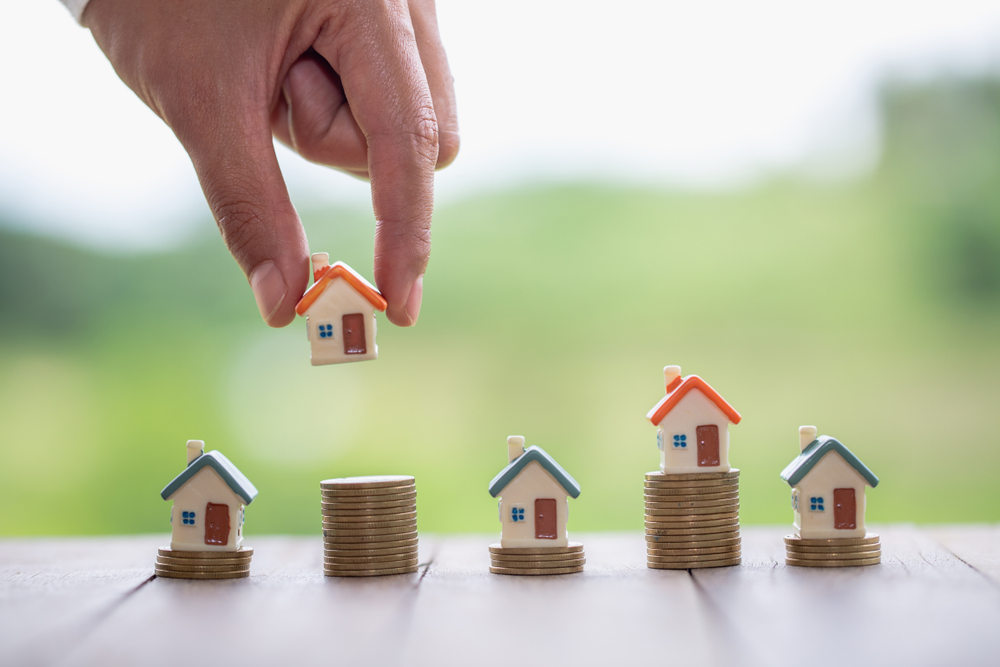Spain represents an excellent opportunity for people who want to buy properties in the country, whether foreigners or nationals. The market has been restored after the 2008 crisis to become convenient to explore in search of a dwelling.
The Spanish property market is unique: each region operates differently. You need to know about all Autonomous Community’s specific requirements when purchasing a housing, although they are similar.
1. Searching for Housing
In this phase, you can take these steps at the same time. Here, you will decide and communicate your intentions to the seller.
Offer
The buyer makes an offer for the property, which may (or not) be equal to the price initially stipulated by the owner. Then, the real estate agent will open a negotiation with the seller, and the process will continue if both parties reach an agreement.
Property Documentation
It consists of reviewing all the documentation of the property: its registration, owner/s, and details such as location and exact size. A real estate agent can take care of this process if the buyer wants to.
The buyer must know all the property’s administrative status that could influence the purchase decision: possible mortgage defaults, embargo of the property, community defaults, energy certificate and the results of the building technical inspection. The information is on a simple note, which the buyer must request at the Property Registry with a copy of the public deed.
On the other hand, the building manager must provide the community payment solvency certificate and will inform the future owner about the quotas they will assume when the purchase is settled.
Pre-sale Agreement
Pre-sale agreement is known as “contrato de arras” in Spain. It is made before signing the public deed of the property, although it is not obligatory. It is a private contract in which the will of the buyer and the seller to carry out the trade is legally expressed.
To express his right to purchase, the buyer advances an amount negotiated between both parties. It is usually between 5% and 15% of the property’s value.
Once the buyer makes the payment, the seller is obliged to sell him the property. Otherwise, they must pay the buyer double the amount previously agreed upon. The buyer will lose the money if they refuse to complete the transaction.
In the pre-sale agreement, both parties additionally agreed upon the date for signing the public deed. It is usually stipulated in the next 30 to 40 days if it is not specified or the buyer must seek financing.
Mortgage Search
In most cases, a home purchase is not possible without the approval of a mortgage. Unfortunately, the current real estate market dynamics leaves very little time for the buyer to look for the mortgage they need before signing the public deed. The whole process of buying a property will depend on it, so you should start the search as soon as possible.
It is necessary to study the buyer’s solvency to avoid being surprised in case of not being able to access the financing, even after having committed to close the contract. Learning the mortgage options will allow the buyer to know his real housing options because it will limit them.
According to the Bank of Spain, current mortgages tend to cover 80% of the appraisal or purchase value, with the lower value usually being chosen. The buyer must contribute that 20% difference between the total price and the mortgage.

2. Singing the Mortgage and Formalizing the Purchase
The bank will send an appraiser to evaluate the value of the property. Generally, the bank approves the loan for the lower amount between the appraised value and the sale value. The bank signs the mortgage after talking to the buyer.
The sale is settled with the signing of the public deed before a notary. The meeting will be attended by the bank representative, the buyer, the seller and the real estate agents.
The deed is presented to the Property Registry to notify the change of title.
For more information, you can find out all the requirements to buy a property in Spain in Balcells Group’s article.
3. Paying Property Transfer Tax and Capital Gains
The buyer is in charge of paying the property transfer tax during the first 30 days after the purchase. This tax varies between 5% and 10% of the total value of the property, depending on the Autonomous Community.
It also depends on whether the housing purchased is new or not. If you are buying a new property, you will have to pay an additional 1.5%. Young people under 32 years old who are purchasing a property for the first time will have to pay only 5%, instead of 10%.
Meanwhile, the seller will pay for the capital gains unless otherwise stated in the contract. The total amount varies between 19% and 24%, depending on the capital gain scale. This percentage is added to the sale price, which means that the seller will use part of the transaction benefits to pay the tax.






